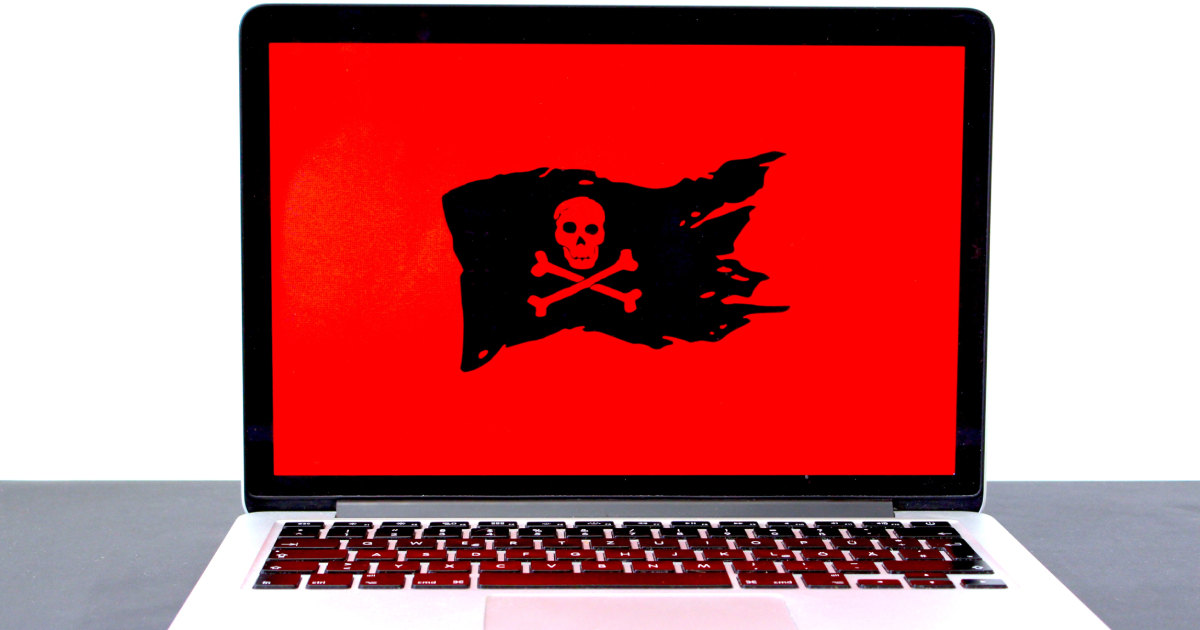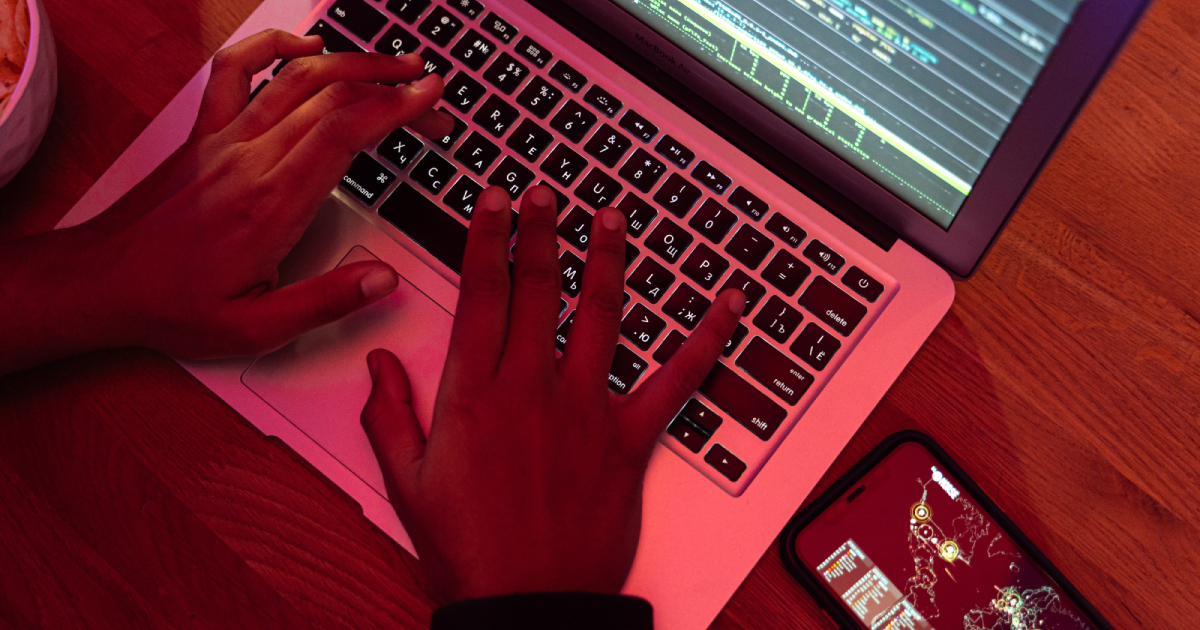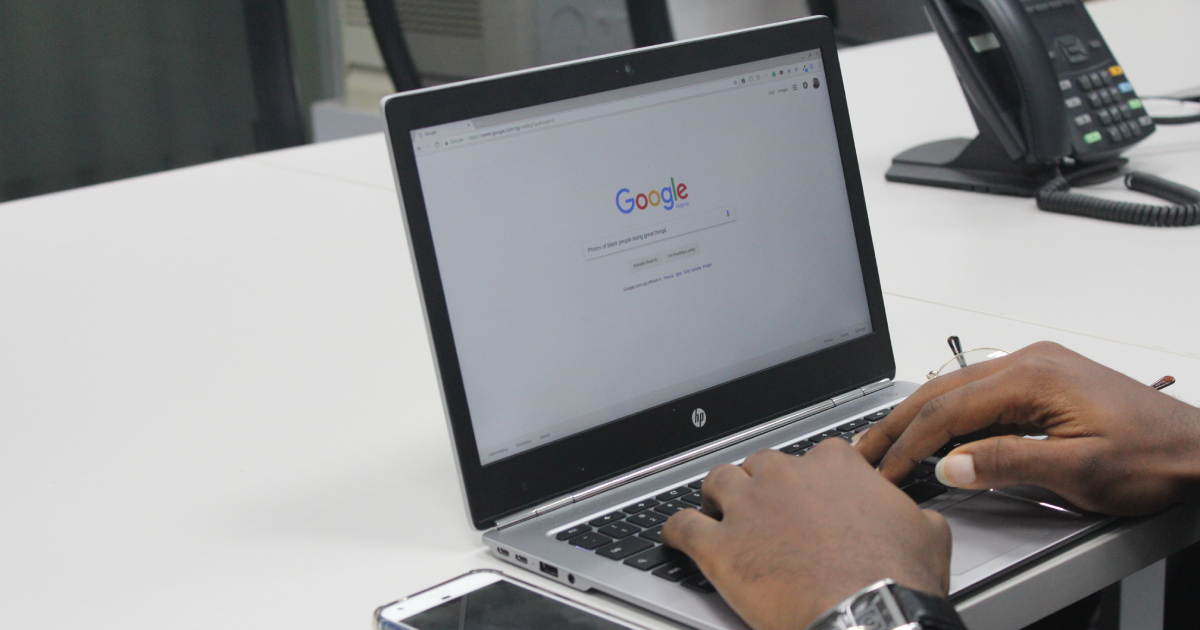It is critical that we, as internet users, are aware of the mounting dangers to the security of our online identities. Online identity or internet identity refers to how a person is represented on websites or online platforms.
It is made up of personal information and, in certain cases, a photograph of the person. And this identity, if gotten hold of by cybercriminals, can be used to carry out criminal activities for which you could be liable.
The amount of data available to online thieves are growing as more people use the internet and link various types of devices to it. As a result, consumers must be fully informed about the threats to their online identities and why it is important to safeguard them.
Here are five threats facing your online identity.
1. Attacks and takeovers on mobile devices

It’s only logical that as the use of mobile devices and applications grows, so will the number of attacks. Mobile devices usually do not have the same level of protection as computers and are easier to hack into. That is why businesses must protect their mobile platforms from identity theft and fraud by utilizing retail account protection solutions.
2. Ransomware
While ransomware attacks are far from new, they have become much more costly in recent years. Companies lose money as a result of ransomware attacks because hackers retain system access for ransom.
Ransomware has evolved over time to become more sophisticated, accessible and convenient for hackers. Cybercriminals can now use Ransomware-as-a-Service (RaaS) providers to carry out attacks in exchange for a percentage of all successful ransom payments.
Ransomware attacks have become significantly more affordable for small-time hackers as a result of the emergence of RaaS, leading to an increase in the frequency of ransomware attacks.
3. Credentials stuffing

Credential stuffing has also made the news recently. Credential stuffing has aided the dark web market for enormous databases of credentials, such as passwords by employing databases of known credentials, to attack various sites and services in brute force attacks.
LifeLock identity theft protection services will alert you immediately if any of your credentials are found in such databases. LifeLock also safeguards your online privacy and helps prevent your identity from being stolen via stolen credentials.
4. Poor cyber hygiene
Regular habits and practices around technology use, such as avoiding unsecured Wi-Fi networks and establishing precautions such as a VPN or multi-factor authentication, are referred to as “cyber hygiene.”
Due to a rise in remote working, systems protected by weak passwords are now being accessed from unsecured home networks, sticky note passwords are making their way into public coffee shops and workers are logging in on personal devices that are more likely to be lost or stolen.
Cybercriminals have also begun to attack Mobile Device Management (MDM) solutions, which, unfortunately, are supposed to help organizations manage company devices in a safe manner.
Hackers can utilize MDMs to attack every employee at the organization at the same time because they are connected to the full network of mobile devices.
5. Spyware

Spyware is the general term for any software or application that monitors your online and digital activities without your knowledge or consent.
Malicious parties use spyware to steal sensitive financial and personal information, track your movements and invade your privacy. This can lead to you being blackmailed, robbed or defrauded.
These applications are usually transmitted in the form of malicious e-mail attachments, illegally downloaded files or content from suspicious websites. To protect your online identity, avoid visiting sites deemed unsafe by your browser or entering personal information on such sites.
Navigating the internet safely
The internet is as wonderful as it is dangerous. There are a lot more threats to your online security than we’ve listed above, but there are just as many solutions.
It’s important to use security software, stay vigilant, keep your personal details as private as possible and if you absolutely need to enter them on a website, make sure you verify the website.
